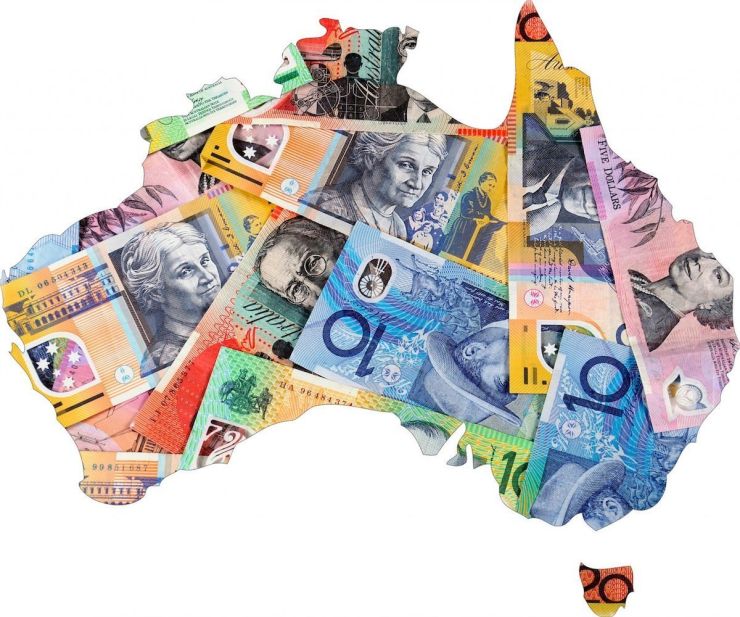Andrea Barnes Editor
Andrea is Communications Manager at FXcompared. Prior to joining FXcompared, she worked as a communications consultant for companies seeking guidance with their social media, marketing and digital…
Read more
Over the past few weeks, the volatility of the Australian dollar has been just about the only thing that can be predicted about the currency. OPEC meetings, the price of iron ore and new regulations in China have all resulted in a weaker Australian dollar over the past few days. This was disappointing to many, as the Australian dollar rallied at the end of November.
Economists are urging Australians to remember that the economy does not entirely ride on a strong Australian dollar. Though national pride may be hurt, there are economic benefits to a weaker currency.
Exporters Can Rejoice
While a weak Australian dollar is not great news for importers, exporters should be happy with the Australian dollar’s performance. Exporters of Australian goods are likely to experience a greater demand for their products, as a weak Australian dollar means a greater quantity of goods can be purchased by those using foreign currency. Demand is a crucial component of a strong economy, and nothing can quite invite demand like lower costs. Think of it as a “sale” in Australia - with more people buying at lower prices.
Tourism, Manufacturing and Local Commerce Benefit
Though Australian jet setters may be grumbling at their current exchange rate, a weaker Australian dollar draws more tourists to the country. Much like buyers seeking cheaper goods, tourists are lured by competitive airfare and less expensive hotels. A weaker Australian dollar might also compel University students to explore Australia as an option abroad, something they may not have considered previously.
Manufacturers can also benefit from a weaker Australian dollar, as they have lower costs than before. There will also be likely to have more domestic business, as companies that traditionally import from other countries may seek cheaper alternatives to foreign purchases. Seeking to buy goods within Australia will not be limited to importers. In the midst of holiday season, Australian shoppers will be compelled to spend their money in country so as to avoid less than favorable exchange rates.
A Silver Lining
Remember, while it can be disheartening to see the value of the Australian Dollar fluctuate across the map, a weak Australian dollar is not a terrible thing. While it may be more expensive to travel internationally or import goods from other countries, a weak Australian dollar encourages Australians to spend their money within their country, drives tourism to Australia, and gives exported goods an edge in a particularly competitive, global economy








